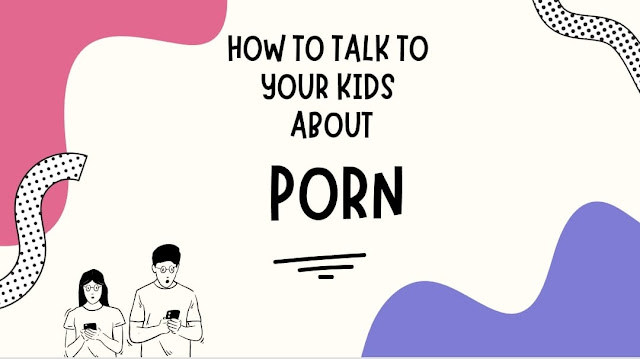Let's talk about suicide
This protocol is new, I had never heard of anything like it before, so you can imagine what the situation we're in truly is.
Until last year, I lived in ignorance. I was summoned to attend a meeting as an emotional well-being coordinator at my school, and there they showed us a video with news images about children and teenagers who had committed suicide a few months before.
They told us that these were just some cases that had appeared in the media, but unfortunately, there were many more cases that did not come to light but are there.
The room was completely silent after that. Then, a counselor appeared and explained that clinical psychologists are alarmed at the increasing number of cases of suicide and self-harm that have been occurring in young people from a few years ago until now. They are very concerned because they have never seen such high numbers before.
Many of the attendees began to raise their hands to intervene and began to relate situations that they were experiencing in their schools. They spoke of young people in hospitals for suicide attempts, of boys and girls who made cuts in their arms and legs. I even had several cases in my school of students who self-harmed and claimed they wanted to die, because they felt that no one understood them.
At that meeting they explained us the importance of having an emotional well-being coordinator in schools, precisely to detect these types of cases and bring them to the attention of experts. They were in the process of creating an action protocol, and today we can say that we already have one.
When I left that meeting, I felt a little dazed. Upon returning home, all I could think about was hugging my children, but I also experienced fear. I transformed that fear into concern and, during the following months, I read several books about the teenage mind, watched documentaries and signed up for a course on stress management, anxiety and how to work on resilience.
One of the books that contributed the most to me was "Adolescent Pain by Jose Antonio Luengo." The author, an expert on the subject, addresses how he has to intervene in a high school when a student takes her life leaving a farewell letter and how he works with the students, families and the educational community in general after that sad event. It is a very interesting book that raises awareness and demystifies many misconceptions about suicide.
A case that I came across last year was that of a student who claimed to want to take his life because he couldn't find meaning in it. He was suffering and wanted to end his pain. We talked at length, and he assured me that no one would care if he left this world. You can imagine my helplessness in the face of those words, without adequate training, without knowing exactly what to say in the face of such a terrifying statement. I could only accompany him, listen to him and refer the case to the provincial prevention office so that they could act.
Today I feel a little more prepared, I say 'a little' because I still have a long way to go, but I know much more than that day in that meeting.
According to J.A. Therefore, when a child or a teenager claims to want to take their own life, we should not consider it as an act, but as an alarm signal. At that moment, we must act. We often say that it is a wake-up call, and in fact, it is.
In Spain, suicide is the first cause of unnatural death, ahead of traffic accidents, it is currently a public health problem. According to the World Health Organization, suicide can occur throughout life and is the second leading cause of death among ages 15-29 worldwide.
Self-harm is a way of responding to situations of emotional and psychological suffering that one does not know how to deal with in a healthy way. Many times they do them by imitation, on social media there are many who instigate young people to hurt themselves to release pain or tension, that is why it is essential to know what our children are seeing on the screen or who they are talking to and help them manage pain in a healthy way.
The pandemic has left many silent consequences that we are now discovering and for that reason I have considered it necessary to address this issue.
It is very important to talk to our sons and daughters about their emotions, problems and fears. Sometimes, what may seem insignificant to us, as adults, is very important and serious to them. It is necessary that they feel heard, supported and perceive our unconditional love, so that they come to us in difficult moments when they feel lost or misunderstood.
I hope we never have to face a situation like this, but if we do, don't you think it's better to be prepared?
Let me know what you think.
A hug,
Cris
.png)
.jpg)

Comentarios
Publicar un comentario